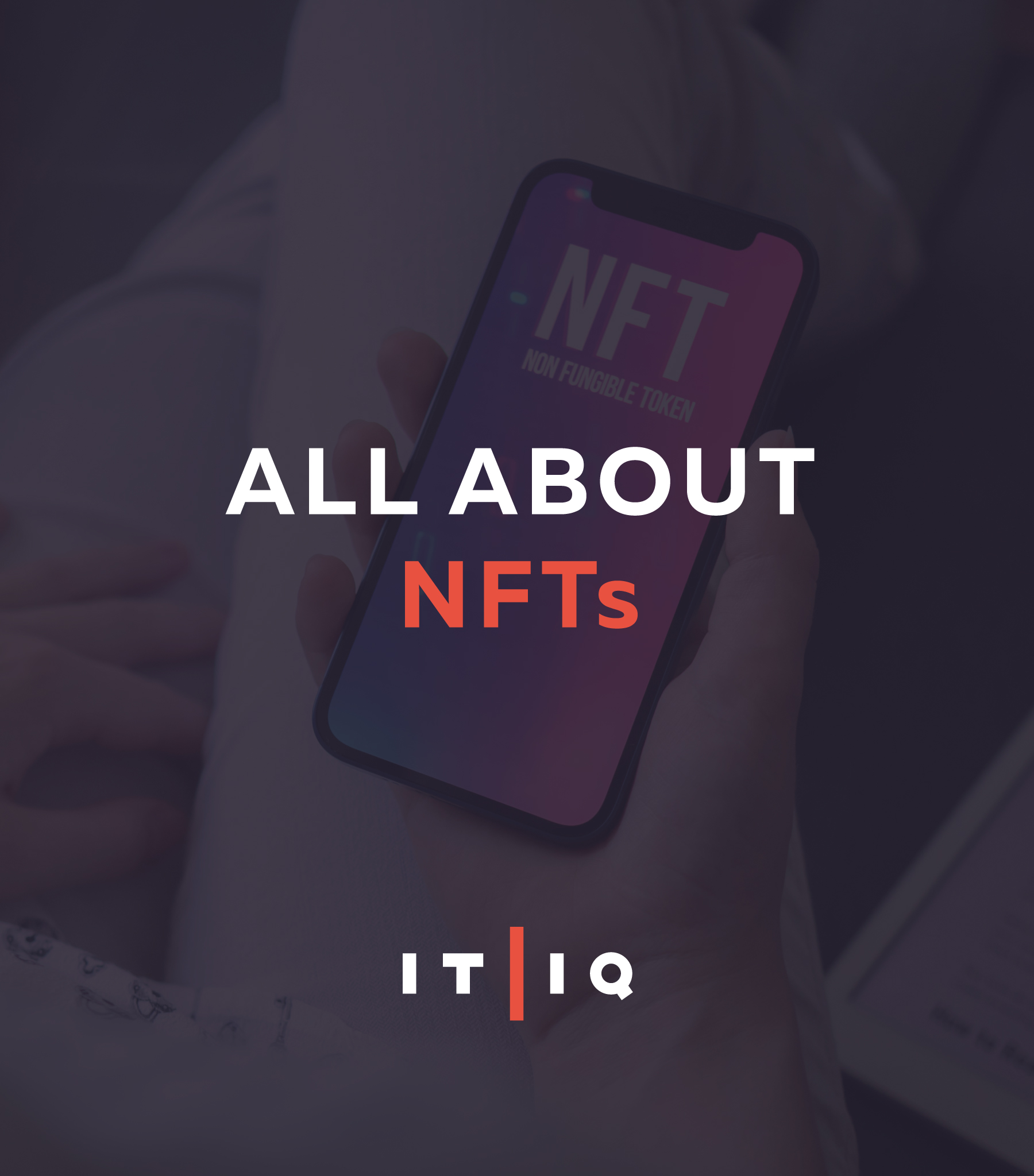It’s a groundbreaking, albeit strange time in the tech industry. Electric vehicles powered by AI are on the horizon. Devices are becoming smarter and more connected by the day. Tech company leaders are appearing on late-night comedy shows touting obscure meme currencies.
In fact, cryptocurrencies have taken the market by storm in recent weeks. The latest surge in crypto buying and news features is reminiscent of the blockchain craze in 2017, which led dozens of companies to change their names – and lured many investors into the marketplace who weren’t sure what exactly they were buying.
Despite their recent resurgence, cryptocurrencies are not a brand new technology. However, they are taking on new applications and assuming more prominent roles in the financial space. Here are the facts you need to know about cryptocurrencies for 2021 and beyond.
1. What Are Cryptocurrencies?
A cryptocurrency is most simply a digital payment method that can be exchanged for goods, services, or another cryptocurrency via online transactions. They can be thought of as similar to casino chips or arcade coins on purpose – in order to take part in certain markets, you need the token that the market runs on.
Cryptocurrencies are also decentralized in nature, meaning they are not governed by any country or central monetary authority. The prices of the tokens are determined strictly by supply and demand. Depending on the currency, additional coins can be “mined” by certain coders.
One of the major appeals of cryptocurrencies is also that it runs on blockchain technology – a system of encryption that verifies each transaction while simultaneously bolstering the security of the entire network. It is this property that many believe makes cryptocurrencies – and investing in them – more secure. It is important to note here that the term “security” refers to the safety of your actual dollar being stolen or misused, not necessarily the security of the price action. Cryptos are notorious for being more volatile than other asset classes.
2. What Does the Future of Crypto Look Like?
Cryptocurrencies are certainly not going away anytime soon. The most frequently traded crypto, Bitcoin, has garnered a market capitalization of over $1 trillion, cementing the crypto market as a legitimized and behemoth asset class. Numerous other currencies, including Ethereum, Binance Coin, and even the famed Dogecoin have achieved billions in market cap after gargantuan price jumps in 2021.
In the most practical terms, cryptocurrencies are poised to make meaningful strides in the coming months and years due to their proliferation in the digital marketplace. Many vendors, including online marketplaces and even professional baseball teams, have begun to accept cryptocurrencies as valid payment methods. This trend will likely continue, and millions of people may start to carry digital currencies in their virtual wallets going forward.
Many believe that cryptocurrencies will also eventually take the place of the world’s various country-specific currencies, as they can operate digitally across borders and offer more secure transactions. These factors mitigate the effects of geopolitical tensions and policy deadlock in national legislatures.
The most promising and far-reaching aspect of cryptos that has potential for the future might actually be its underlying technology – blockchain. There are many thought leaders that have begun to formulate applications for blockchain in medicine, music royalties tracking, identity verification, voting, and research purposes, just to name a few. The idea of encrypted data being verified by a decentralized source is a concept a variety of industries could benefit from.
3. Should I Add Cryptos to My Portfolio?
The most pressing way that individuals want to learn more about cryptocurrencies is in the realm of financial investment. Is adding some crypto to your portfolio a good idea? Well, it depends who you ask.
Many seasoned investors are critical of cryptocurrencies due to their (sometimes extreme) volatility, and due to their lack of cash flow or intrinsic value. The value of owning a cryptocurrency generally relies on its ability to be sold later to another individual, and this “greater fool theory” is generally looked down upon in traditional investment circles.
On the other hand, some claim that cryptocurrencies are a legitimate and worthwhile asset class that can add diversification to a portfolio. As long as you don’t develop an overemphasis on cryptos that could lead to financial consequences in the event of a downturn, it might be a relatively enjoyable speculative investment that could end up paying off if the future of blockchain and decentralized finance continues to be bright. However, most investors agree that cryptocurrencies are a high-risk investment, so they should only be considered for those that have a high-risk tolerance and lots of available capital.
Your Tech Teammate
Wondering how the crypto landscape will affect your job, or interested in pursuing a career in a crypto-adjacent industry? Or maybe your company needs a tech-savvy candidate who can cut through the crypto noise. The tech recruiters at IT/IQ can help. The 30+ dedicated tech recruiters on our staff continue to serve our clients, candidates, and the entire technology industry with expert advice borne from years of experience. With locations in Vancouver, Calgary, and Toronto we can help you address your career advancement and hiring needs. Visit us at it-iq.com to learn more.



